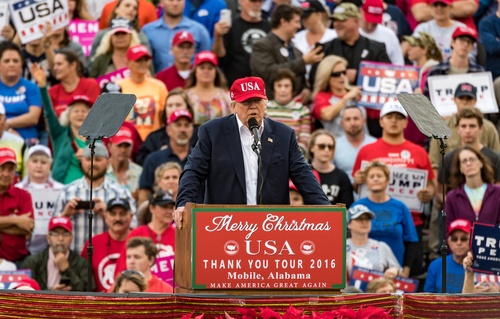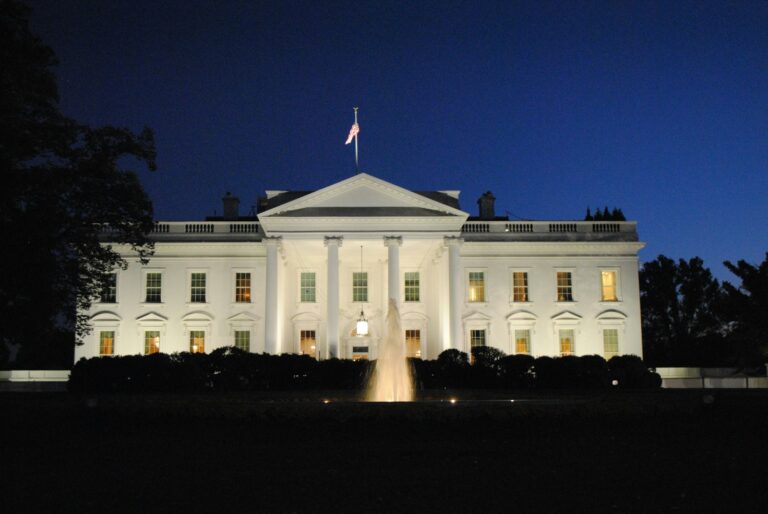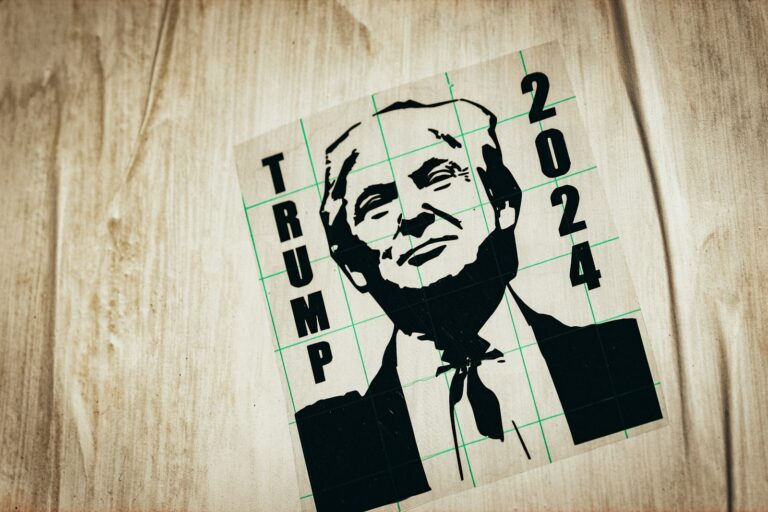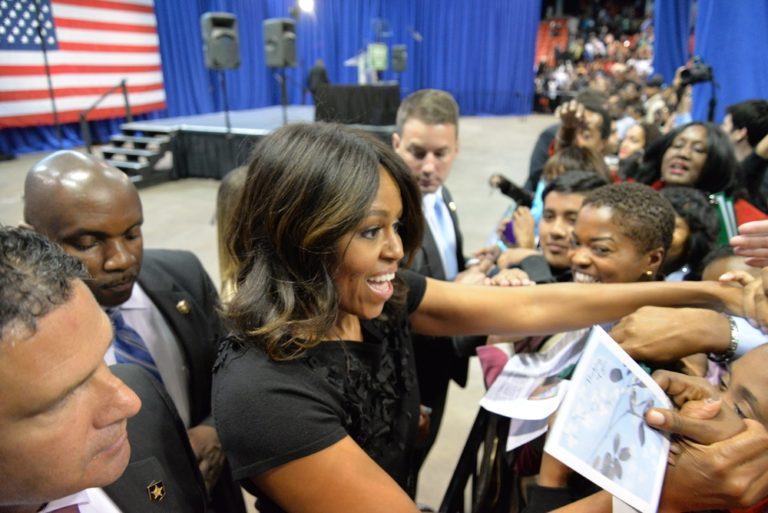Key Takeaways:
– Leaders of nations friendly to the U.S are preparing to interact with President-elect Donald Trump based on their past experiences with him.
– Foreign diplomats know Trump can be swayed by flattery and indirect influence.
– Leaders have begun efforts to strengthen ties with the U.S in anticipation of smoother relations.
– Trump’s unpredictability in office was a key concern during his previous term.
How World Leaders Approach Trump’s Presidency
As President-elect Donald Trump prepares to step into the Oval Office again, leaders from various nations globally are also gearing up. Their approach mainly stems from their interactions with Trump during his previous term in office, which ended in 2020. They have identified that Trump, known for his unconventional approach to politics, is rather susceptible to flattery.
Foreign diplomats and government officials assert that he can be manipulated and persuaded indirectly. This revelation has triggered strategies involving his close associates and think tanks to influence him subtly. This insight into his behaviour has become crucial in crafting the way leaders approach the returning President.
Creating Smoother Relations
Knowing Trump’s penchant for flattery, these leaders have set into motion several plans to ingratiate themselves with him. This method is hoped to pave the way for smoother working relations. The aim isn’t merely to please Trump; it is moreover to establish solid and beneficial bilateral relations.
Misconceptions about Trump’s Leadership
Malcolm Turnbull, the former Prime Minister of Australia, highlighted two common misapprehensions about Trump. The first was the belief that Trump would alter his behavior once in office—a notion that proved incorrect based on his first term performance. The second misconception was that the most effective way to work with Trump was simply by flattery or appeasing him. These misconceptions have led to drastic shifts in leaders’ approach towards Trump during his second term.
Optimism among European Diplomats
European diplomats, despite the challenges they face, remain hopeful. They believe that, with the correct method and a carefully crafted approach, they could still influence Trump’s decisions. Karen Pierce, Britain’s Ambassador to the United States, echoed this sentiment, suggesting that progress is possible if you can lay out a working plan to President Trump.
However, others remain skeptical. Kim Darroch, Pierce’s predecessor, doubted the effectiveness of early outreach to Trump. He stressed the importance of such outreach but expressed skepticism about swaying Trump on key issues where he has already made clear public commitments.
In essence, the world is prepping for Trump 2.0, armed with knowledge from his previous term. Leaders are crafting strategies aiming at manipulation through flattery, building closer ties, and influencing Trump indirectly. They believe that this approach, coupled with realism about Trump’s unpredictability, will lead to smoother international relations and a better understanding of Trump’s second term in the White House. How successful these strategies will be, only time will tell.









